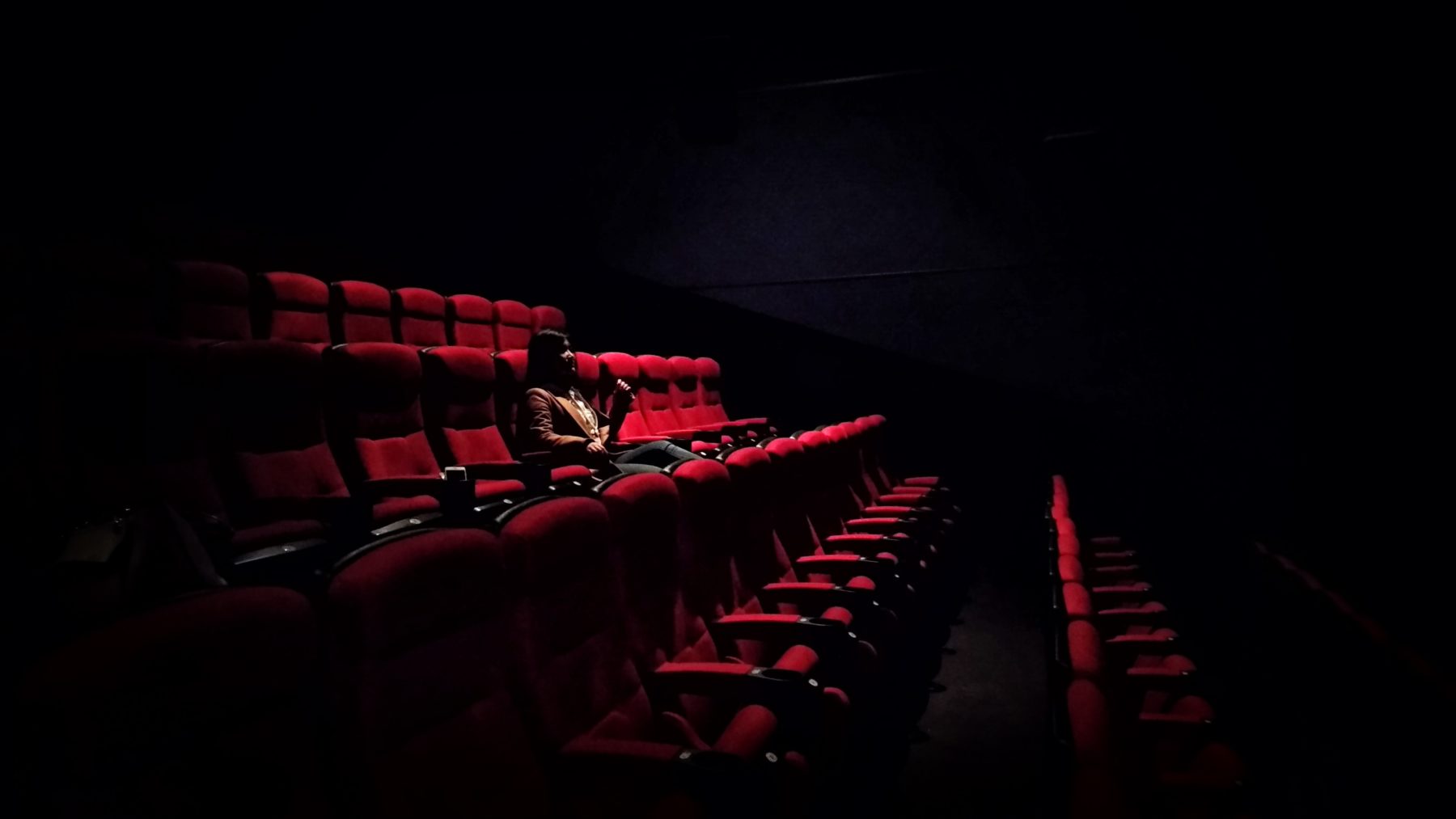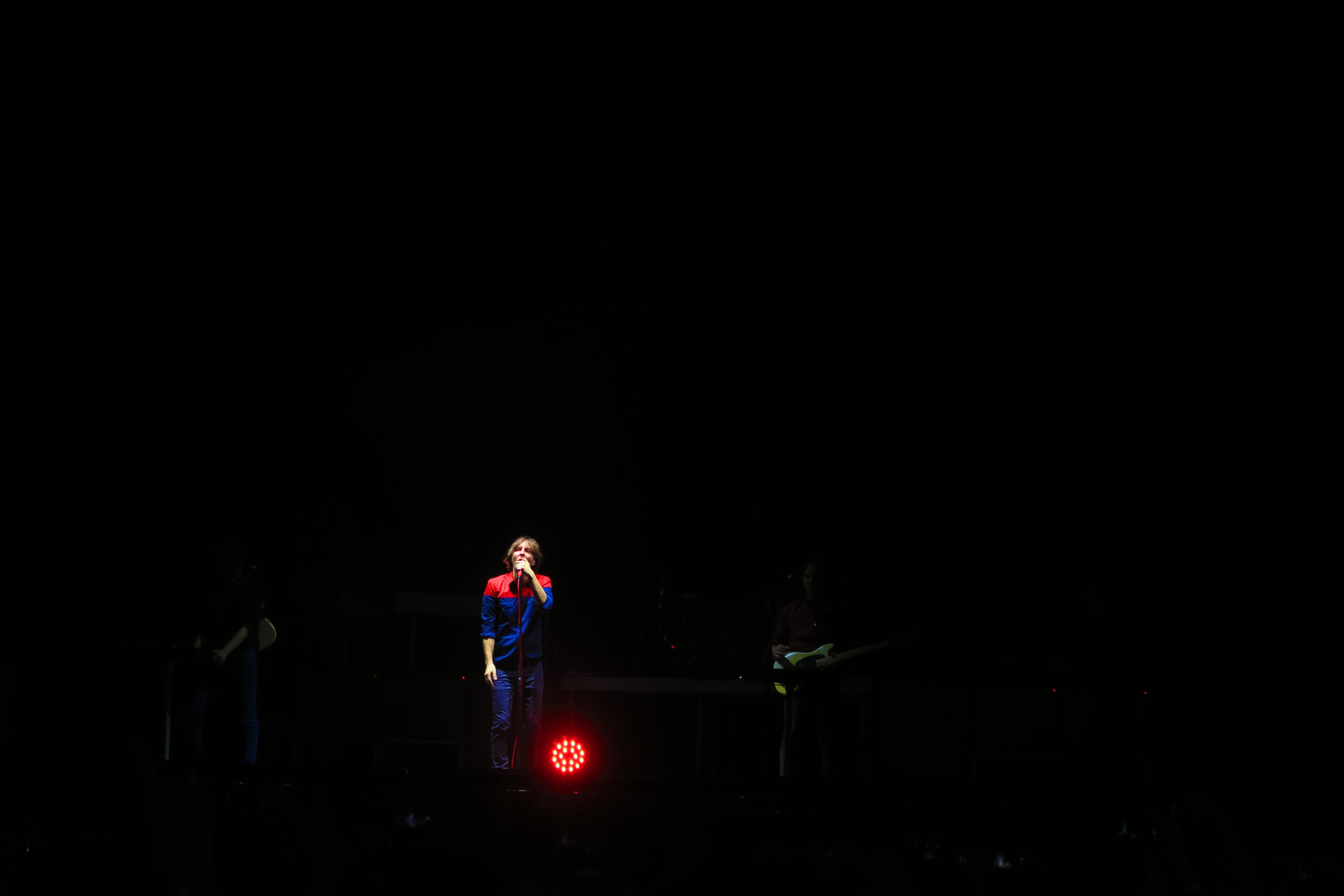How can theatre be used to deliver engaging education to communities in different settings about important public health issues?
Theatre can be both astounding and mesmerising.
It allows us to forget that a world exists outside of the space we sit in, as actors move their way across a stage telling us a story.
We watch as they transform the objects and space around them.
We are drawn in emotionally and feel for the characters and their exploration of the story.
We develop empathic understanding.

So how can we use theatre’s power to help us engage with the important health issues affecting communities?
Professor Ann Taket from Deakin University’s Centre for Health through Action on Social Exclusion, based in the School of Health and Social Development, has led the development of theatre-based education programs for primary prevention of key public health issues.
Associate Lecturer Dr Tricia Ong has been recently appointed to manage these programs, with supervision by Professor Lisa Hanna, Dean of Students.
These programs present communities with thought-provoking performance pieces which teach public health lessons in a fresh and creative way.
Not your average performance
Dr Ong explains that “it’s very different to your standard theatre performance. It’s really targeted at education and awareness about public health issues and stimulating people into doing something positive about them.”
There are two theatre-based programs currently running across Victoria, both one-person performances.

You the Man deals with domestic violence and sexual assault and aims to educate individuals and communities on how they can interrupt cycles of relationship violence and abuse.
“It doesn’t target the perpetrator at all within the performance. It is more focused on how bystanders can take positive action in these situations.”
We are all bystanders to abuse and harassment in the different settings of our lives and can learn how to speak up about these issues.
You the Man also teaches its audience what else to do that is helpful and how to stay safe.
You the Man is a cultural translation of the successful American program of the same name that has been running since 2002, created and directed by teacher, writer, and director Cathy Plourde.
Being Frank is a performance that focuses on trans and gender diverse issues.
“Being Frank is the story of a young trans person’s journey through a school year, and shows how their family and peers react, giving insight into what is helpful and supportive and what isn’t.”
Being Frank was co-designed by a diverse group of people from the trans community, allies, an award winning playwright, lawyer and teacher, and the programs’ theatre director.

The aim is to facilitate communities’ understanding of the experiences of trans and gender diverse people and their families and friends, and to better inform the general public of how to approach such issues.
Being Frank was developed and is delivered in partnership with Transgender Victoria.
After the performances there is a panel discussion arranged by the organisation who hosts the program.
The panel is made up of people from the community setting who have a responsibility to respond to the issues concerned.
This also gives community members a chance to get to know each other and service providers. The panel after the performance of Being Frank also always contains a member from Transgender Victoria.
Comprehensive resource packs are available for each program to support the local organiser in planning, recruiting a suitable panel and delivering the program while maintaining safety for all concerned.
An innovative approach
The programs are an effective way of delivering public health education: “they can reach a lot of people within a couple of hours.”
The audience participation is a big part of what makes this approach to health education work.
It’s about connecting people and giving people someone to turn to about these issues.

Dr Ong suggests that “it’s engaging with the audience, getting them engaged with one another so that people are more aware of relevant resources.”
So, if someone has experienced sexual harassment or violence, for example, they have access to people in their community, such as counsellors and the police, who they can turn to.
“It’s really about the engagement of local communities with each other.”
The outcomes
Both programs have received a lot of positive feedback.
You the Man was a finalist in the Victorian Health Promotion Foundation awards in 2014, under the category ‘promoting health through art’. It is being delivered in schools, universities, sports clubs and other settings throughout the state.

Both programs are highly complementary to the RRRR (resilience, rights and respectful relationships) curriculum in Victorian schools, as well as to equity and anti-discrimination strategies in workplaces and universities.
Dr Ong believes there is “potential for more topics to be explored.”
She explained that funding would be sought to create more educational theatre-based programs tackling an array of different topics.
For more information on these important Deakin-based programs and how to book them for your community, visit Theatre-Based Education Programs.



